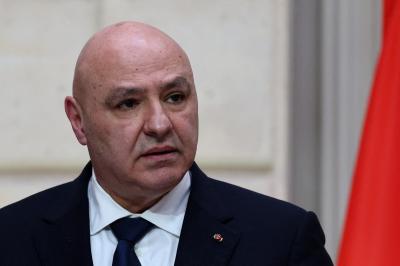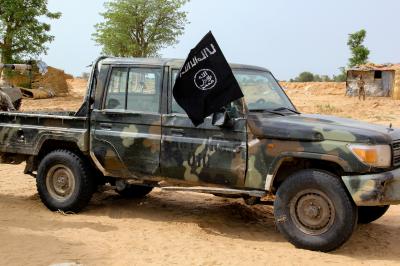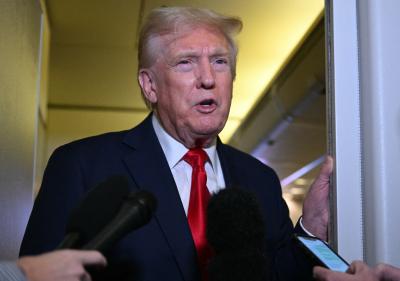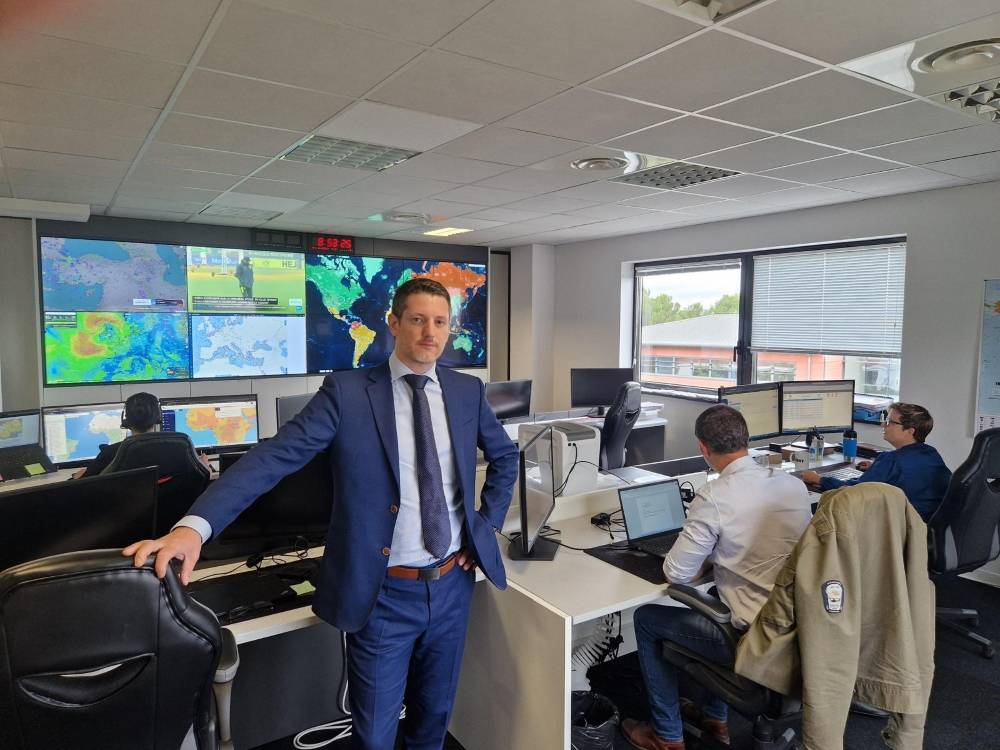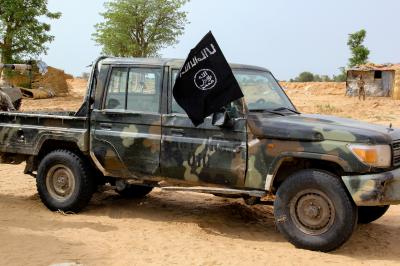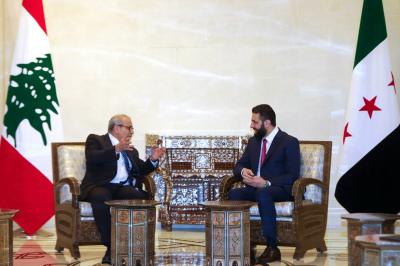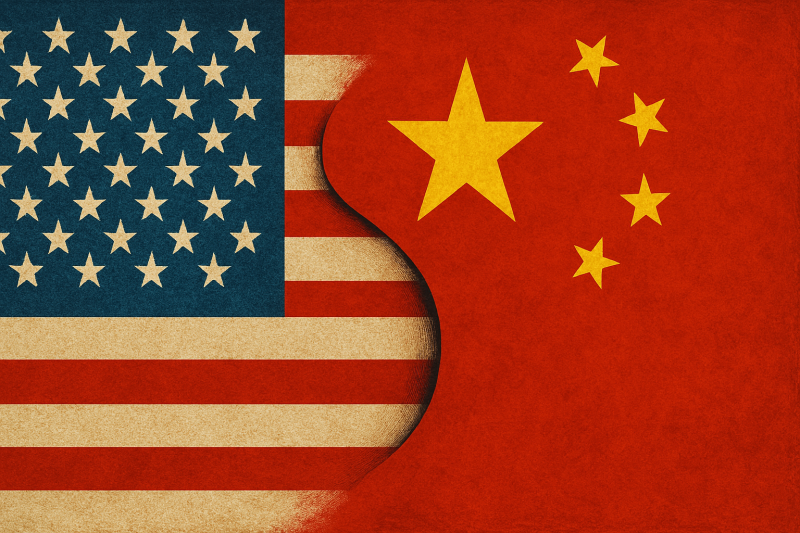Ilios has built a global close protection network in 68 countries. The group handled 10,000 cases last year. During the coup in Niger in July 2023, how did you intervene ? More broadly, foreign companies in Africa are often on the front lines...
ILIOS is an international service provider specializing in risk management in security and health. Over the past two years, our network has significantly expanded, allowing us to now support our clients in more than 120 countries. Our success rests on three pillars: our extensive network, our technology enabling multi-channel information transmission worldwide, and our 24/7 operation centers capable of handling thousands of emergency calls from employees traveling abroad. An essential component of our service offering is crisis management. Among the situations we have had to manage is the one in Niger, marked by a sudden change of power and its repercussions on French and Western interests. For security partners like us, responding effectively to companies' needs requires being well-prepared in advance and having a well-established local network. In such situations, our intervention occurs at three levels: assessment, temporary protection, and relocation or evacuation of people. The assessment is always conducted by our operators at the Operation Centers. Once validated, the system switches to a dedicated crisis cell with a specific team and resources. Each action is codified. Everyone knows their role and mission. The crisis country is covered with several regrouping points, shelters, and fallback areas, with the logistical means to access them safely. At each stage, our Watch and Analysis department provides the crisis cell with the most up-to-date information possible. Our clients are an integral part of the decision-making process: we consult the designated contacts at each decision point, outline the situation, and always propose several options and solutions. It's crucial to understand that our clients often employ people of various nationalities. Many companies, especially French ones, still believe the state can evacuate everyone. This is false. The state's resources are limited. It will prioritize French citizens and, secondly, Schengen area nationals. Thus, in the case of Niger, we had to manage several evacuation scenarios. The French were evacuated via the military logistics of the Ministry of Armed Forces, while others were taken care of by our own services, with local support, mainly via Benin. The year 2023 was particularly unstable. Our teams were frequently solicited: Mexico, Peru, Senegal, Morocco, Libya, Niger, Mali, Burkina Faso, DRC, Middle East, India...
The theaters of tension and insecurity are multiplying around the world. Companies and NGOs need more protection for their employees. What scope do your contracts cover ?
Our role has significantly evolved, both in terms of the variety of our services and the geographical extent of our operations. Our goal is to offer companies an appropriate response at each stage of what we call the « security chain. » First, organize. We help companies organize themselves so that they can continuously inform, prevent risks, and react in a crisis situation. This is the definition of a « Security Policy, » meaning the indicators, tools, people, and protocols that must be followed by their headquarters and subsidiaries if necessary. The second step is to provide them with a range of preventive supports. This includes documents we regularly update (country risk levels, safety sheets, summaries, alerts), advisory training for their teams, and the implementation of a web and smartphone application for tracking their employees' movements worldwide (flight ticket tracking, geolocation, alerts for employees entering dangerous zones, etc.). The third part of our offer concerns intervention. This occurs at two levels: primary assistance (rapid local intervention in case of an accident, arrest, demonstrations and crowd movements, loss of orientation, etc.) and crisis management (insurrection, coup, natural disaster, etc.). Finally, in response to client demands for comprehensive risk management, we have equipped ourselves with a medical structure.
Do conflicts in Gaza and Ukraine fall within your scope of action ? More broadly, do war theaters fall within your scope ?
Absolutely. And in different ways. Companies solicit us for keys to understanding the conflicts, their perspective, possible short- and long-term scenarios, and the potential regional and international consequences. Then, logistics. We support our clients on the ground to secure the continuity of ongoing projects or to ensure the safety of new projects. This year, we secured missions in southern Lebanon and the West Bank, particularly south of Jerusalem. Regarding Ukraine, some clients want to maintain their contacts on-site, which requires organizing protection missions for travel to Lviv or Kiev, but not beyond.
What is your view on securing the Olympic Games in Paris ? Has your expertise been solicited ?
We have not been solicited, nor have we sought to be, as we are not specialists in the security of large events. However, we are solicited by our European clients who are concerned about the security risk, particularly terrorist risk, during the Games, and more broadly about the daily violence our country has faced for several years in various areas.
Have foreign companies or individuals solicited you to ensure their protection during their stay during the Paris Olympics ?
No. Their movements are monitored by our experts through our tool and operation centers. As everywhere in the world, our clients' travelers receive real-time information, alerts, and risk area positioning. They can contact our teams 24/7 in case of emergency, and we have solutions to support them.
France's image abroad is tarnishing in terms of security. Is that your feeling ? Our role is to analyze the potential consequences of certain positions or decisions concerning our clients' employees abroad and to take appropriate measures if necessary. Our role is not to express our opinion on France's place in the world. Even if we feel that French diplomacy faces increased international competition, with some countries' embassies being better organized and more proactive. Moreover, the state has fewer resources. However, embassies often have quality personnel. The concern mainly comes from the lack of means, which does not always allow for a quick response to crises that are increasingly violent and sudden. Nevertheless, French diplomatic services remain very available and responsive, notably thanks to the crisis center of the Quai d'Orsay, with whom we have had the opportunity to collaborate.
Are there countries where you refuse to sign protection contracts ?
Obviously, we cannot guarantee the safety of companies in areas like Donbass. But ultimately, there are very few places where our clients cannot go. The primary indication we follow is the local risk analysis at a given time. If we judge that travel is possible in an area, we propose means adapted to the situation. If the risk is too high, we advise against the trip. As advisors, we provide our expertise, analyses, and recommendations, but the final decision belongs to the company.
 French
French


